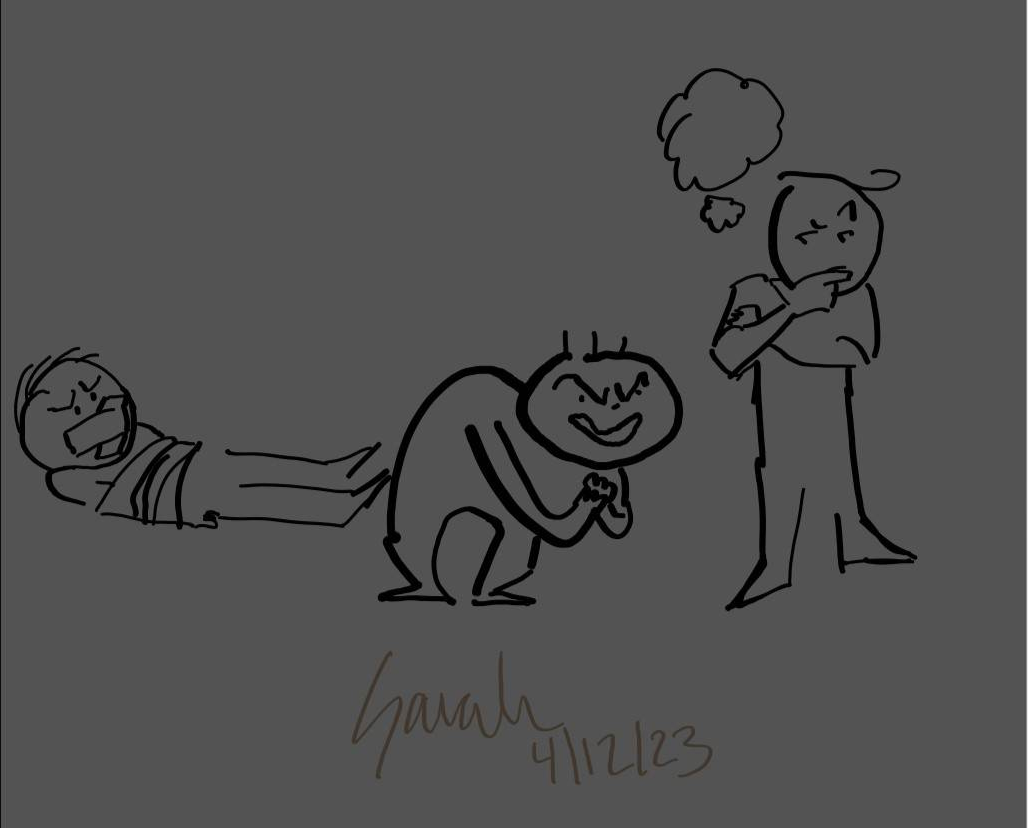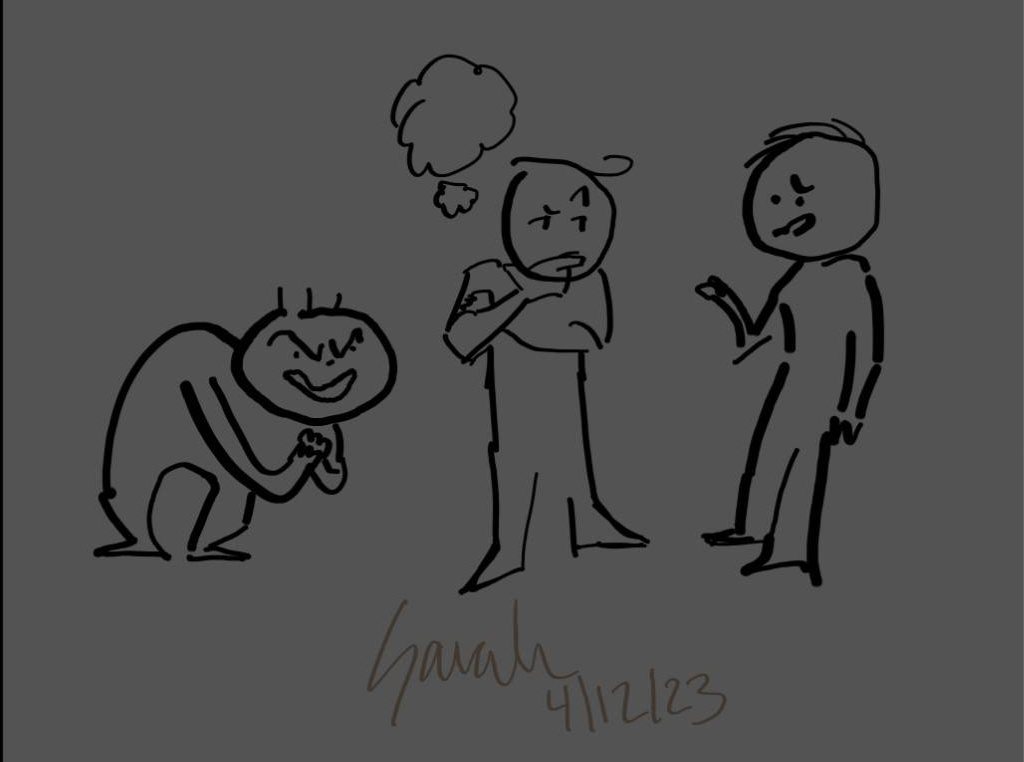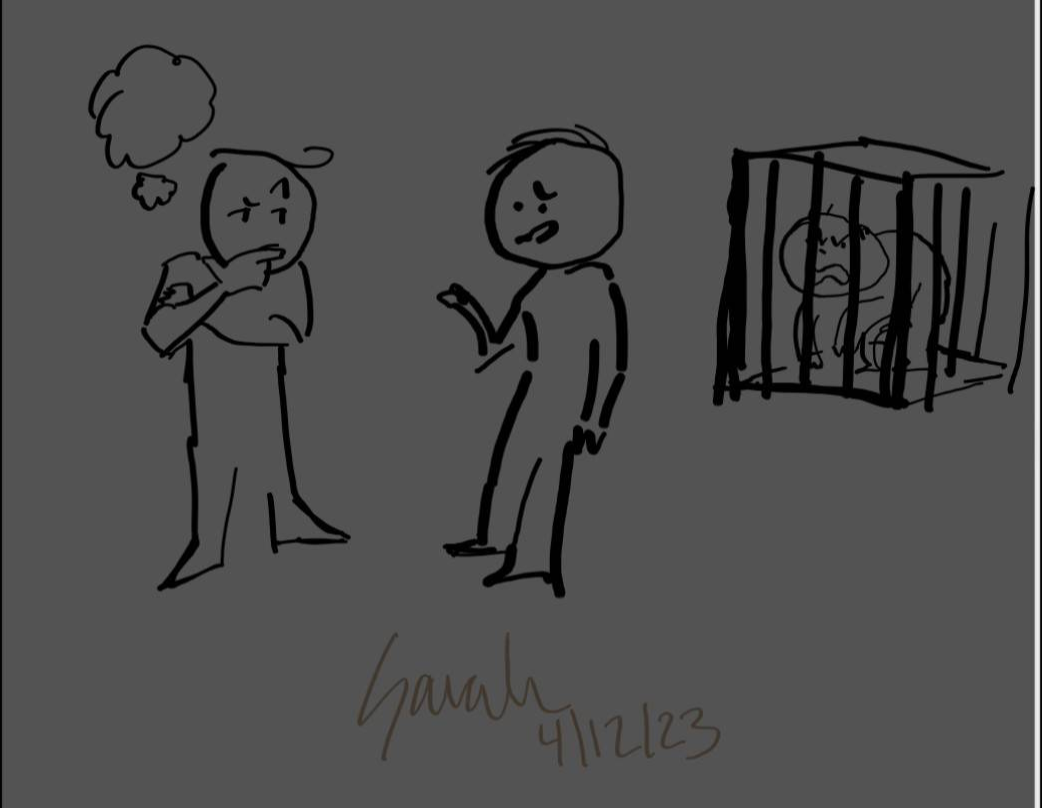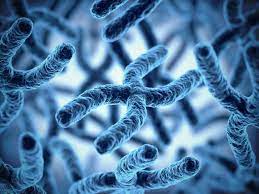PSYC 2301: Exam 2
0.0(0)
Card Sorting
1/117
Earn XP
Last updated 10:06 PM on 4/22/23
Name | Mastery | Learn | Test | Matching | Spaced | Call with Kai |
|---|
No analytics yet
Send a link to your students to track their progress
118 Terms
1
New cards
Developmental psychology
studies how people grow, develop, and change throughout the lifespan.
2
New cards
The preconventional level of Kohlberg’s Theory
is concerned with punishments or rewards that come from the external world.
3
New cards
The conventional level of Kohlberg’s Theory
is concerned with abiding by standards that are either set by parents or by the law.
4
New cards
The postconventional level of Kohlberg’s Theory
is concerned with the principles that are accepted by the community or more abstract principles that are for all humanity.
5
New cards
Assimilation
occurs when a person incorporates a new experience and information into existing schema.
6
New cards
Accommodation
occurs when a person adjusts his or her schema to new information.
7
New cards
sensorimotor stage
Piaget’s **first** **stage** of cognitive development, lasting from **birth to about 2 years of age**, during which infants construct an *understanding of the world by coordinating sensory experiences with motor (physical) actions*.
8
New cards
object permanence
Piaget’s term for the crucial accomplishment of *understanding that objects and events continue to exist* even when they **cannot** directly be seen, heard, or touched.
9
New cards
operations
Piaget’s term for mental representations of changes in objects that can be reversed.
10
New cards
preoperational stage
Piaget’s **second stage** of cognitive development, lasting from about **2 to 7 years of age**, during which *thought is more symbolic than sensorimotor thought*.
11
New cards
concrete operational stage
Piaget’s **third stage** of cognitive development, lasting from about **7 to 11 years of age**, during which the individual uses *operations* and replaces intuitive reasoning with *logical reasoning in concrete situations*.
12
New cards
formal operational stage
Piaget’s **fourth stage** of cognitive development, which begins at **11 to 15 years of age and continues through the adult years**; it features *thinking about things that are not concrete, making predictions, and using logic to come up with hypotheses about the future.*
13
New cards
*Egocentrism* is characteristic of which of Jean Piaget’s stages of cognitive development?
Preoperational
14
New cards
*Hypothetical and deductive reasoning* is characteristic of which of Jean Piaget’s stages of cognitive development?
Formal Operational
15
New cards
*Learning object permanence* is characteristic of which of Jean Piaget’s stages of cognitive development?
Sensorimotor
16
New cards
*Understanding conservation tasks* is characteristic of which of Jean Piaget’s stages of cognitive development?
Concrete Operational
17
New cards
Harry Harlow’s experiments with rhesus monkeys suggest which of the following as most important for infants when establishing an attachment to their mothers?
The tactile characteristics of the mother
18
New cards
Attachment theory says that a securely attached child
is predictive of social competence during its toddler years
19
New cards
cohort effects
differences that stem from these individuals not because of their age, but due to historical or social contexts related to a specific time period.
20
New cards
Cross-sectional studies
show changes that occur with age.
21
New cards
Fetal alcohol spectrum disorders (FASD)
a cluster of abnormalities and problems that appear in the offspring of mothers who drink heavy amounts of alcohol during their pregnancy.
22
New cards
According to Abraham Maslow’s hierarchy of needs, the need to have respect for ourselves and to be valued by others is classified within the category of
esteem needs.
23
New cards
According to Abraham Maslow’s hierarchy of needs, the need to have food and water is classified within the category of
Physiological needs
24
New cards
According to Abraham Maslow’s hierarchy of needs, the need to have a resourceful job and security is classified within the category of
Safety needs
25
New cards
According to Abraham Maslow’s hierarchy of needs, the need to have deep and personal connections is classified within the category of
love and belonging
26
New cards
According to Abraham Maslow’s hierarchy of needs, the need to have the best qualities and achievements that you can have is classified within the category of
Self-actualization
27
New cards
Thematic Apperception Test (TAT)
A projective test that is designed to *elicit stories* that reveal something about an individual’s personality
28
New cards
Type D behavior pattern
A cluster of characteristics—including being generally distressed, having negative emotions, and being socially inhibited—related to adverse cardiovascular outcomes.
29
New cards
Personality
A pattern of enduring, distinctive thoughts, emotions, and behaviors that characterize the way an individual adapts to the world.
a person's unique set of usual thoughts and behaviors and traits.
a person's unique set of usual thoughts and behaviors and traits.
30
New cards
psychodynamic perspectives
Theoretical views emphasizing that personality is primarily unconscious (beyond awareness) and as developing in stages.
31
New cards
psychodynamic perspective’s way of understanding personality
involves exploring the symbolic meanings of behavior and the unconscious mind.
32
New cards
\
psychodynamic perspective emphasizes how
psychodynamic perspective emphasizes how
\
Early childhood experiences with parents are important in sculpting the individual’s personality
Early childhood experiences with parents are important in sculpting the individual’s personality
33
New cards
id
The Freudian structure of personality consisting of unconscious drives; the individual’s reservoir of psychic energy.
•pleasure principle
•pleasure principle

34
New cards
ego
The Freudian structure of personality that deals with the demands of reality.
•reality principle
•reality principle

35
New cards
superego
The Freudian structure of personality that serves as the harsh internal judge of our behavior; what we often call conscience.
•conscience
•conscience

36
New cards
The Ego is
geared towards more **practical**, **goal-oriented**, and **reasonable** demands of reality, and is the *thinking component of the personality.*
37
New cards
The Superego is
\
geared towards **morals** and is where you will find *social customs*.
geared towards **morals** and is where you will find *social customs*.
38
New cards
The Id is
geared towards *instant* **instinct gratification**, wanting to satisfy basic sexual drives or desires.
39
New cards
defense mechanisms
\
The Freudian term for tactics the ego uses to reduce anxiety by *unconsciously* distorting reality.
The Freudian term for tactics the ego uses to reduce anxiety by *unconsciously* distorting reality.
40
New cards
Repression
\
A defense mechanism that makes an individual *forget the unacceptable*
A defense mechanism that makes an individual *forget the unacceptable*
41
New cards
Rationalization
A defense mechanism that makes an individual *claim a different motive for a behavior.*
42
New cards
Displacement
\
A defense mechanism that makes an individual *shift their feelings from an object to a new object.*
A defense mechanism that makes an individual *shift their feelings from an object to a new object.*
43
New cards
\
Sublimation
Sublimation
\
A defense mechanism that makes an individual *transform vile into valuable.*
A defense mechanism that makes an individual *transform vile into valuable.*
44
New cards
Projection
\
A defense mechanism that makes an individual *attribute own faults to others.*
A defense mechanism that makes an individual *attribute own faults to others.*
45
New cards
Reaction Formation
A defense mechanism that makes an individual *convert to the opposite emotion*
or
*behave in a way that is exactly opposite of one’s true feelings.*
or
*behave in a way that is exactly opposite of one’s true feelings.*
46
New cards
Denial
A defense mechanism that makes an individual *disbelieve the present reality.*
47
New cards
Regression
\
A defense mechanism that makes an individual *revert to an earlier, “safer” period in their life.*
A defense mechanism that makes an individual *revert to an earlier, “safer” period in their life.*
48
New cards
\
Freud's theory of psychosexual development
Freud's theory of psychosexual development
\
includes 5 stages that span from the years of birth through the years of puberty.
includes 5 stages that span from the years of birth through the years of puberty.
49
New cards
\
Psychosexual Stage theory
Psychosexual Stage theory
\
Oral, Anal, Phallic, Latency, Genital
Oral, Anal, Phallic, Latency, Genital
50
New cards
\
Oral Stage
Oral Stage
The Freudian theory of psychosexual development’s **1st stage**, from *birth to 18 months.*
• infant’s pleasure centers on the mouth
• infant’s pleasure centers on the mouth
51
New cards
Anal Stage
The Freudian theory of psychosexual development’s **2nd stage**, from *18 to 36 months*.
• child’s pleasure involves eliminative functions
• child’s pleasure involves eliminative functions
52
New cards
Phallic Stage
The Freudian theory of psychosexual development’s **3rd stage**, from *3 to 6 years*.
• child’s pleasure focuses on the genitals
• Oedipal complex
• castration anxiety
• child’s pleasure focuses on the genitals
• Oedipal complex
• castration anxiety
53
New cards
Latency Stage
The Freudian theory of psychosexual development’s **4th stage**, from *6 years to Puberty*.
• psychic “time-out”
• interest in sexuality is repressed
• psychic “time-out”
• interest in sexuality is repressed
54
New cards
\
Genital Stage
Genital Stage
The Freudian theory of psychosexual development’s **5th stage**, in *Adolescence and Adulthood*.
• sexual reawakening
• source of sexual pleasure is someone else
• sexual reawakening
• source of sexual pleasure is someone else
55
New cards
\
Oedipus complex
Oedipus complex
According to Freud, a boy’s intense desire to replace his father and enjoy the affections of his mother.
56
New cards
\
humanistic perspectives
humanistic perspectives
\
Theoretical views of personality that stress a person’s capacity for personal growth and positive human qualities.
Theoretical views of personality that stress a person’s capacity for personal growth and positive human qualities.
57
New cards
Trait
an enduring disposition that leads to characteristic responses, are the building blocks of personality.
58
New cards
Trait Theories
Theoretical views stressing that personality consists of broad, enduring dispositions (traits) that tend to lead to characteristic responses.
*includes stable traits that are manifested in inconsistent patterns of behavior across situations.*
*includes stable traits that are manifested in inconsistent patterns of behavior across situations.*
59
New cards
\
social cognitive perspectives
social cognitive perspectives
Theoretical views of personality emphasizing the influence of conscious awareness, beliefs, expectations, and goals.
*not interested in traits, but investigate how more specific factors such as beliefs relate to behavior and performance.*
*not interested in traits, but investigate how more specific factors such as beliefs relate to behavior and performance.*
60
New cards
\
behavioral genetics
behavioral genetics
The study of the inherited underpinnings of behavioral characteristics.
• twin studies reveal substantial genetic influence on Big Five traits
• most traits influenced by multiple genes
• twin studies reveal substantial genetic influence on Big Five traits
• most traits influenced by multiple genes
61
New cards
\
Personality and the Brain
Personality and the Brain
• brain damage alters personality
• brain responses correlate with personality
• brain responses correlate with personality
62
New cards
\
Minnesota Multiphasic Personality Inventory (MMPI)
Minnesota Multiphasic Personality Inventory (MMPI)
The most widely used and researched empirically keyed self-report personality test.
• focuses on the identification of behavior patterns that are consistent with psychological disorders.
• focuses on the identification of behavior patterns that are consistent with psychological disorders.
63
New cards
\
projective test
projective test
A personality assessment test that presents individuals with an *ambiguous stimulus* and asks them to describe it or tell a story about it—to project their own meaning onto the stimulus.
64
New cards
\
Rorschach inkblot test
Rorschach inkblot test
\
A famous projective test that uses an individual’s *perception of inkblots* to determine his or her personality.
A famous projective test that uses an individual’s *perception of inkblots* to determine his or her personality.
65
New cards
\
Type A behavior pattern
Type A behavior pattern
\
A cluster of characteristics—including being excessively competitive, hard-driven, impatient, and hostile—related to a higher incidence of heart disease.
A cluster of characteristics—including being excessively competitive, hard-driven, impatient, and hostile—related to a higher incidence of heart disease.
66
New cards
\
Type B behavior pattern
Type B behavior pattern
\
A cluster of characteristics—including being relaxed and easygoing—related to a lower incidence of heart disease.
A cluster of characteristics—including being relaxed and easygoing—related to a lower incidence of heart disease.
67
New cards
\
Abnormal behavior
Abnormal behavior
\
is a behavior that is deviant, maladaptive, or personally distressful.
is a behavior that is deviant, maladaptive, or personally distressful.
68
New cards
\
Deviant behavior
Deviant behavior
\
is a behavior that does not conform to accepted social standards.
is a behavior that does not conform to accepted social standards.
69
New cards
\
Maladaptive behavior
Maladaptive behavior
\
is a behavior that interferes with a person’s ability to function effectively in society.
is a behavior that interferes with a person’s ability to function effectively in society.
70
New cards
\
Personal distress
Personal distress
\
involves an individual who feels troubling emotions for a prolonged period of time as a result of their behavior.
involves an individual who feels troubling emotions for a prolonged period of time as a result of their behavior.
71
New cards
\
biological approach
biological approach
refers to disorder causes that are organic and internal.
This approach primarily focuses on the brain, genetic factors, and neurotransmitter functioning as the sources of abnormality.
• disorders with biological origins
This approach primarily focuses on the brain, genetic factors, and neurotransmitter functioning as the sources of abnormality.
• disorders with biological origins
72
New cards
\
psychological approach
psychological approach
emphasizes the contributions of experiences, thoughts, emotions, and personality characteristics to explain psychological disorders.
• experiences, thoughts, emotions, personality
• experiences, thoughts, emotions, personality
73
New cards
\
sociocultural approach
sociocultural approach
looks to larger social contexts in which a person lives, such as gender or cultural norms.
• social context
• social context
74
New cards
\
biopsychosocial approach
biopsychosocial approach
none of the factors is considered more important than another; rather, they are all considered important factors in normal and abnormal behaviors.
• interaction of biological, psychological and sociocultural factors
• interaction of biological, psychological and sociocultural factors
75
New cards
\
the core feature
the core feature
maladaptive behavior is ________________ of abnormal behavior.
76
New cards
\
specific phobia
specific phobia
An anxiety disorder in which the individual experiences an irrational, overwhelming, **persistent** *fear of a particular object or situation*.
77
New cards
\
Agoraphobia
Agoraphobia
\
\
A person that experiences severe, paralyzing anxiety whenever they leave their home.
\
A person that experiences severe, paralyzing anxiety whenever they leave their home.
78
New cards
\
Etiology of Specific Phobia
Etiology of Specific Phobia
• psychological factors: learned
• biological factors: genetic disposition
• biological factors: genetic disposition
79
New cards
Etiology of Social Anxiety Disorder
* Biological factors:
* genetic disposition
* neural circuitry development issues in adolescence
* too much serotonin
* Psychological factors:
* over-protective / rejecting parenting
* social experiences
* genetic disposition
* neural circuitry development issues in adolescence
* too much serotonin
* Psychological factors:
* over-protective / rejecting parenting
* social experiences
80
New cards
\
obsessive-compulsive disorder (OCD)
obsessive-compulsive disorder (OCD)
\
Psychological disorder in which the individual has **anxiety-provoking thoughts** that will not go away and/or **urges to perform repetitive, ritualistic behaviors** *to prevent or produce some future situation.*
Psychological disorder in which the individual has **anxiety-provoking thoughts** that will not go away and/or **urges to perform repetitive, ritualistic behaviors** *to prevent or produce some future situation.*
81
New cards
\
Obsessions
Obsessions
anxiety-provoking thoughts that can only be diminished by engaging in ritualized behaviors.
Those ritualized behaviors are the compulsions.
Those ritualized behaviors are the compulsions.
82
New cards
\
dissociative identity disorder (DID)
dissociative identity disorder (DID)
Dissociative disorder in which the i*ndividual has two or more distinct personalities* or selves, each with its own memories, behaviors, and relationships; **formerly called multiple personality disorder**.
Is the most dramatic, least common, and most controversial dissociative disorder.
Is the most dramatic, least common, and most controversial dissociative disorder.
83
New cards
\
Etiology of dissociative identity disorder (DID)
Etiology of dissociative identity disorder (DID)
• extraordinarily severe abuse in early childhood
• mostly women
• runs in families (genetic?)
• lower cortical thickness and surface area
• social contagion? Probably not
• mostly women
• runs in families (genetic?)
• lower cortical thickness and surface area
• social contagion? Probably not
84
New cards
schizophrenia
\
Severe psychological disorder *characterized by highly disordered thought processes*; individuals suffering from this may be referred to as psychotic because they are so far removed from reality.
Severe psychological disorder *characterized by highly disordered thought processes*; individuals suffering from this may be referred to as psychotic because they are so far removed from reality.
85
New cards
\
hallucinations
hallucinations
A Positive Symptom; sensory experiences that occur in the absence of real stimuli.
86
New cards
delusions
\
A Positive Symptom; *False, unusual, and sometimes magical beliefs* that are not part of an individual’s culture.
A Positive Symptom; *False, unusual, and sometimes magical beliefs* that are not part of an individual’s culture.
87
New cards
\
thought disorder
thought disorder
The *unusual, sometimes bizarre thought processes* that are characteristic positive symptoms of schizophrenia.
Thoughts can be so disorganized and confused that the person doesn’t make sense when they talk and write. The individual might also make up new words known as neologisms.
Thoughts can be so disorganized and confused that the person doesn’t make sense when they talk and write. The individual might also make up new words known as neologisms.
88
New cards
\
referential thinking
referential thinking
\
Ascribing **personal meaning** *to completely random events*.
Ascribing **personal meaning** *to completely random events*.
89
New cards
\
movement disorders
movement disorders
\
The *unusual mannerisms, body movements, and facial expressions* that are characteristic positive symptoms of schizophrenia.
The *unusual mannerisms, body movements, and facial expressions* that are characteristic positive symptoms of schizophrenia.
90
New cards
\
flat affect
flat affect
The display of *little or no emotion*—a common negative symptom of schizophrenia.
An individual who speaks with little to no emotional inflection, and maintains an immobile facial expression.
An individual who speaks with little to no emotional inflection, and maintains an immobile facial expression.
91
New cards
\
positive symptoms
positive symptoms
are marked by a distortion or an *excess* of normal function.
something is being added and goes beyond normal behavior.
something is being added and goes beyond normal behavior.
92
New cards
\
Negative symptoms
Negative symptoms
\
are behavioral deficits and a loss or *decrease* of normal functions such as social withdrawal.
are behavioral deficits and a loss or *decrease* of normal functions such as social withdrawal.
93
New cards
\
personality disorders
personality disorders
\
*Chronic, maladaptive cognitive-behavioral patterns* that are thoroughly integrated into an individual’s personality.
*Chronic, maladaptive cognitive-behavioral patterns* that are thoroughly integrated into an individual’s personality.
94
New cards
\
borderline personality disorder (BPD)
borderline personality disorder (BPD)
Psychological disorder *characterized by a pervasive pattern of instability* in interpersonal relationships, self-image, and emotions and by marked impulsivity beginning by early adulthood and present in a variety of contexts.
• instability in interpersonal relationships, self-image & intense emotions
• self-harm, suicidal
• instability in interpersonal relationships, self-image & intense emotions
• self-harm, suicidal
95
New cards
Etiology of borderline personality disorder (BPD)
• genetic
• childhood abuse may contribute
• irrational belief one is powerless, unacceptable, and that others are hostile
• hyperviligance
• childhood abuse may contribute
• irrational belief one is powerless, unacceptable, and that others are hostile
• hyperviligance
96
New cards

\
Psychoanalytic (psychodynamic) therapy assumes that abnormal functioning results from
Psychoanalytic (psychodynamic) therapy assumes that abnormal functioning results from
Unconscious conflict
97
New cards

\
Humanistic therapy assumes that abnormal functioning results from
Humanistic therapy assumes that abnormal functioning results from
Conscious conflict and inauthenticity
98
New cards

\
Behavior therapy assumes that abnormal functioning results from
Behavior therapy assumes that abnormal functioning results from
Learned maladaptive behaviors
99
New cards

\
Cognitive therapy assumes that abnormal functioning results from
Cognitive therapy assumes that abnormal functioning results from
An individual’s thoughts and perspective
100
New cards

\
Biological therapy assumes that abnormal functioning results from
Biological therapy assumes that abnormal functioning results from
genetic anomalies or to problems in the physical structure of the brain